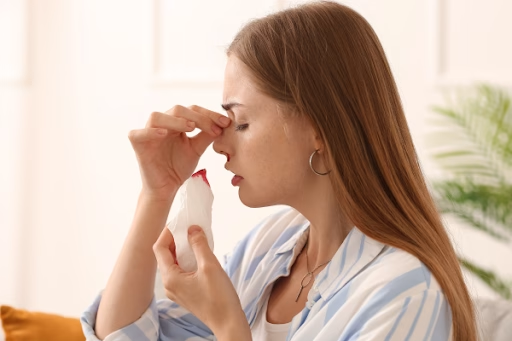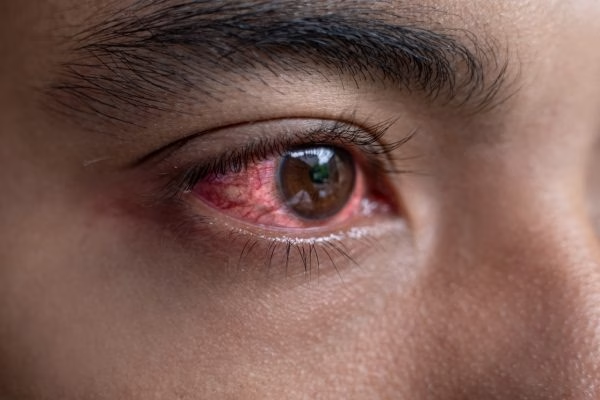Microorganisms are present everywhere, whether on surfaces, in the soil, or in our foods. Some of these bacteria and parasites can affect our health.
In cases where a person consumes contaminated food, it will most likely lead to food poisoning or foodborne illness.
AFC Urgent Care Methuen is able to treat all patients for urgent medical conditions. If you are experiencing symptoms of dehydration, it's best to receive emergency medical care from the emergency room. Learn more about the differences now.
Symptoms & Causes
Toxins cause food poisoning. These toxins are either produced by bacteria in the food and thus get into the gastrointestinal tract, or they arise only after the pathogen has entered the body with food. In most cases, the bacterium Staphylococcus aureus is responsible for food poisoning. Other Bacteria of the Bacillus cereus group of Clostridium species are less common.
The primary triggers of gastrointestinal infections include Campylobacter bacteria, Salmonella, and Listeria. These pathogens enter the gastrointestinal tract through food and multiply from there.
In the United States, there is an obligation to report any food poisoning caused by these bacteria. The food suspected of having the bacteria is checked in the laboratory. If it is confirmed that it is contaminated, the product will be withdrawn from the market immediately.
Most food infections are accompanied by stomach cramps, diarrhea, and vomiting, which are immediate or delayed (depending on the incubation period).
If bacterial toxins are already present in the food and are not first formed by the microorganisms, the symptoms appear sooner after the food or drink has been consumed.
Typical symptoms of food infection or poisoning include:
-
violent gastrointestinal noises,
-
Flatulence,
-
Diarrhea,
-
Nausea,
-
Vomit,
-
Fever,
-
Cardiovascular problems,
-
Dizziness,
-
possibly hallucinations,
-
Inflammation of the liver
Food Poisoning Treatment
Treatment of food poisoning depends on its cause and the patient's complaints. If the cause is severe, hospital treatment is usually required.
Since the symptoms of food poisoning are usually vomiting and diarrhea, the sick lose a lot of fluids and electrolytes. It is essential to drink enough fluids and take in electrolytes to compensate for this. Drinks like tea with sugar or still water are best.
Electrolyte solutions are available in pharmacies, but you can also prepare them yourself. For this salt-sugar solution, add five tablespoons of sugar, one and a half level tablespoons of table salt, and a glass of orange juice to one liter of water. Anyone who falls ill while traveling and in unsafe hygienic conditions should ensure that the water has been boiled or comes from a well-sealed bottle.
Despite this illness, patients should start eating again as soon as possible. Easily digestible foods such as gruel, rusks, bananas, rice, white bread, and broth are particularly suitable.
On the other hand, fruit juices, raw vegetables, dairy products, fatty foods, soft drinks, coffee, and alcohol are not suitable. These foods are difficult to digest or irritate the mucous membrane. Since the gastrointestinal tract is still attacked even after the illness, it is better to rely on light foods for some time.


